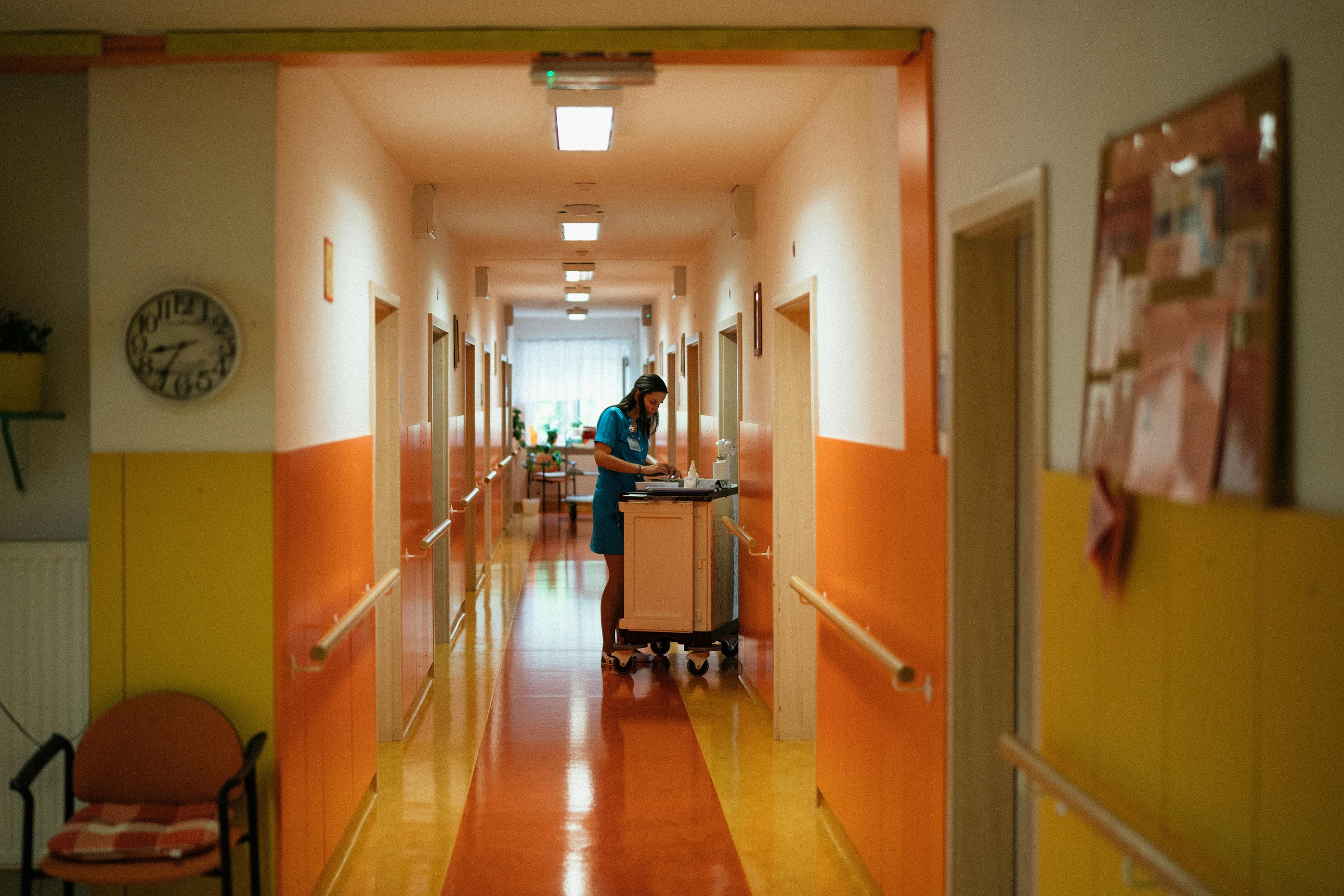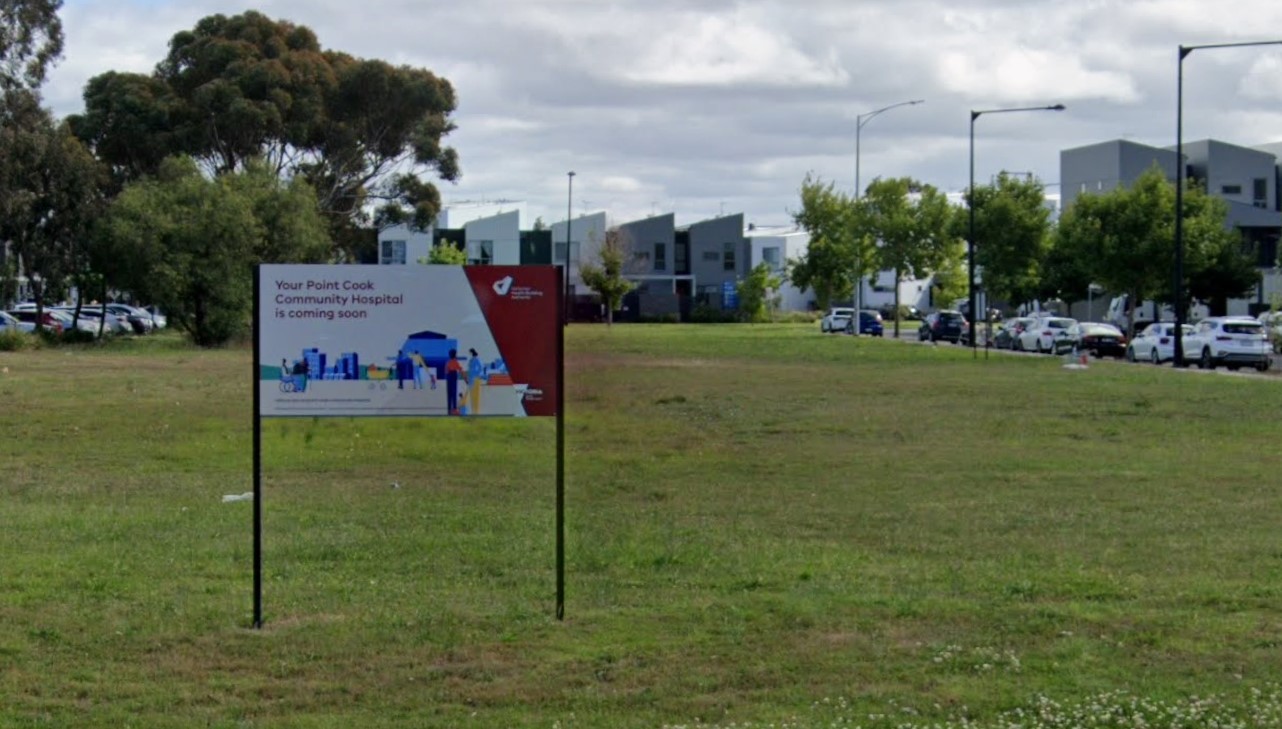05
Sep 2024
Worries Grow Over Private Hospital Services as Closures Mount
Published in News on September 05, 2024

Australia is facing increasing concerns over the viability of private hospital services as a wave of closures hits the sector. The recent trend of private hospitals shutting their doors has raised alarms about the future of healthcare accessibility and the impact on patients.
Across the country, private hospitals are grappling with financial difficulties that have led to service cutbacks and outright closures. This troubling trend reflects broader issues within the healthcare system, including rising operational costs and funding challenges.
In recent months, several private hospitals have been forced to shut down or significantly reduce their services. This has sparked fears that the remaining facilities may struggle to cope with the growing demand for healthcare services, especially as public hospitals continue to experience high patient loads.
Experts warn that the ongoing closures could strain the public health system even further. The closures of private hospitals are leaving a significant gap in healthcare provision, particularly in regions where these facilities were the primary or only option for certain services.
Private Healthcare Australia, which represents the nation's health insurers, has expressed deep concern about the state of private hospitals. The organization highlights the delicate balance insurers must maintain between keeping premiums affordable for consumers and ensuring adequate funding for hospitals.
Rising costs and lower reimbursement rates from health insurers have exacerbated the financial pressure on private hospitals. As a result, a number of hospitals have either reduced their services or ceased operations entirely. The closures affect not only the facilities themselves but also the patients who rely on them for essential medical care.
Industry leaders are calling for urgent reforms to address private hospitals' financial pressures. They argue that without substantial changes, the sector may continue to experience significant instability, which could have far-reaching consequences for patients and the broader healthcare system.
The situation is particularly concerning for those impacted by the closures. Patients may have to travel further for treatment or face longer wait times at public hospitals. The availability of alternative healthcare options, such as private hospital services, is becoming increasingly uncertain as more facilities shut down. This is especially troubling for those requiring long-term hospital stays or specialized treatments that may not be available immediately in public hospitals.
The recent wave of closures underscores the need for a comprehensive review of the private healthcare sector. There is a growing call for government intervention to support struggling hospitals and ensure that private healthcare remains a viable and accessible option for Australians. In particular, there are concerns about how patients needing extended hospital stays or specialized care will be affected if private facilities continue to close.
In response to the growing crisis, policymakers and industry stakeholders are urged to collaborate on solutions addressing the underlying issues facing private hospitals. Without effective intervention, the future of private healthcare in Australia remains uncertain, with potential consequences for patient care and the overall stability of the healthcare system. For instance, patients who face disruptions in their private hospital care might experience delays or challenges in securing alternative arrangements, which could impact their recovery and overall well-being.
As the situation continues to develop, it is clear that immediate action is needed to safeguard the future of private hospital services and ensure that Australians have access to the care they need. Ensuring continuity of care for patients who require long-term or specialized hospital stays accommodation is a critical aspect of this response, as it directly impacts their health outcomes and quality of life.









